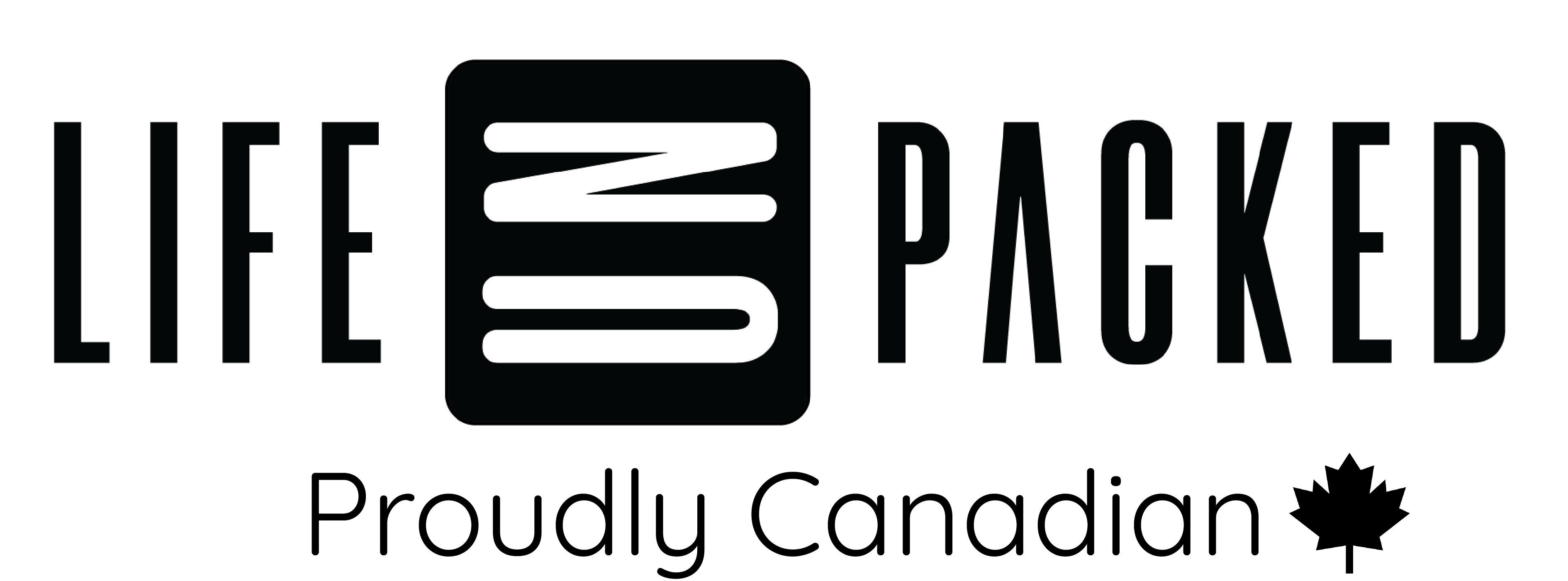
Greenwashing Explained
We are currently living in a day and age where the importance of caring for our planet has been amplified, and lucky for us, many companies are making the effort to help. With this shift in customer demand towards environmentally sustainable products, how do you ensure that the companies are being truthful and genuine?
As an eco-conscious company, greenwashing is something that people have questioned us on. So, we dove in and did some digging to provide you with a simplified explanation of greenwashing to help you more easily decide which companies to support.
What is greenwashing?
Greenwashing typically refers to a company portraying their organization, product, or service as environmentally friendly only for the sake of marketing when the organization, product, or service has little to no environmental benefit.
This can show up as a company:
- Emphasizing one tiny green attribute when nothing else is green.
- Encouraging a non-green habit by masking it with a marketing plan.
- Changing its logo or packaging to more eco-friendly colours without changing their product offering.
According to Greenpeace, BP (formerly British Petroleum) has been accused of greenwashing for years.. Here’s why. The Guardian also criticizes BP’s slogan, imagery, and messaging practices as greenwashing. You can read more on this here.
The 7 Sins of Greenwashing
The Sin of the Hidden Trade-Off
Claiming a product is green based on a limited set of characteristics about it, without acknowledging other environmental issues.
For example: Marketing bottled water in a cardboard box as being green without acknowledging the impact of its collection, manufacturing, shipping, and packaging disposal.

The Sin of No Proof
Making a claim without having supporting information or third-party certification available.
For example: Claiming a product is gluten-free without being able to prove it contains less than 20 ppm of gluten.

The Sin of Vagueness
Claims that are broad or poorly defined, leading to misunderstandings and assumptions by a consumer.
For example: All-natural.

The Sin of Irrelevance
Making an environmental claim that while truthful, is irrelevant or unimportant for people looking to purchase environmentally conscious products.
For example: Labelling a bag of dried mangoes as vegan when a mango itself is a vegan product by default.

The Sin of the Lesser of Two Evils
Claims that are made to highlight one product as superior to another within the same product class, but that can distract people from greater environmental impacts of the product class as a whole.
For example: Purchasing an electric vehicle because it is considered eco-friendly, but failing to look at the impact of their manufacturing; the mining, toxicity, and disposal associated with their batteries; and the shipping of produced vehicles.

The Sin of Fibbing
Making environmental claims that are simply untrue.
For example: This product is 100% eco-friendly.

The Sin of Worshiping False Labels
Products that give the impression that they have third-party endorsement when in reality they do not.
For example: Labelling products with a “farm-friendly” logo when that governing body doesn't actually exist.

So what does this mean for life UNpacked?
At life UNpacked we steer clear of misleading or confusing remarks and always aim to be transparent.
All our products are either reusable, dissolve to nothing, or can be composted or recycled. This means they aren't left behind in the environment the way their plastic counterparts are. That said, we acknowledge that the production of our products has an environmental impact.
Some of our products are handmade locally in Vancouver, Canada where we are based and others are produced in China and Korea. Regardless of production location, energy was expended to source the raw ingredients and materials, and these were transported at least once prior to manufacturing. With the way our global market society is structured, little to nothing is produced at the same location as where raw materials are extracted.
Energy was required to manufacture our products and once assembled they were transported to us. All of this has an associated carbon footprint. As well, when you order, your products are transported from our office to your door.
Shipping is a major carbon contributor which is why we have a minimum product requirement for each order. The goal with this is to encourage people to get into the practice of thinking ahead and to order everything they need in one go.
This is unfortunately the same issue as with products sitting on a store shelf. (The only way around this would be products that are handcrafted without the use of electricity or machinery and are brought to a store by foot.)
We definitely aren’t perfect, and we aren’t trying to be. One of our company values is Progress Over Perfection. As we grow, our focus and attention will be to continue to provide you with as much transparency and traceability as possible surrounding our products and our practices. We are also presently looking into options for carbon offsetting to find one that aligns well with our values.

What can you do?
Reduce
Consider what you really need to buy and use up what you have before buying new.
Think critically
Examine the messaging being presented to you and look for signs of the 7 Sins of Greenwashing listed above.
Support small business
Smaller companies often have a more homegrown focus to the way they do business.
Get curious
Look into the ingredients and materials being used by the companies you buy from. Choose the most sustainable ones possible.
Ask questions
If you can't find answers to what you're looking for online, connect with companies directly to get clarification.

We hope this blog has addressed any concerns you may have about our products, as well as provided any insight on how to question the authenticity of other items your purchase in your everyday life.
Ready to eliminate single-use plastic from your bathroom?
